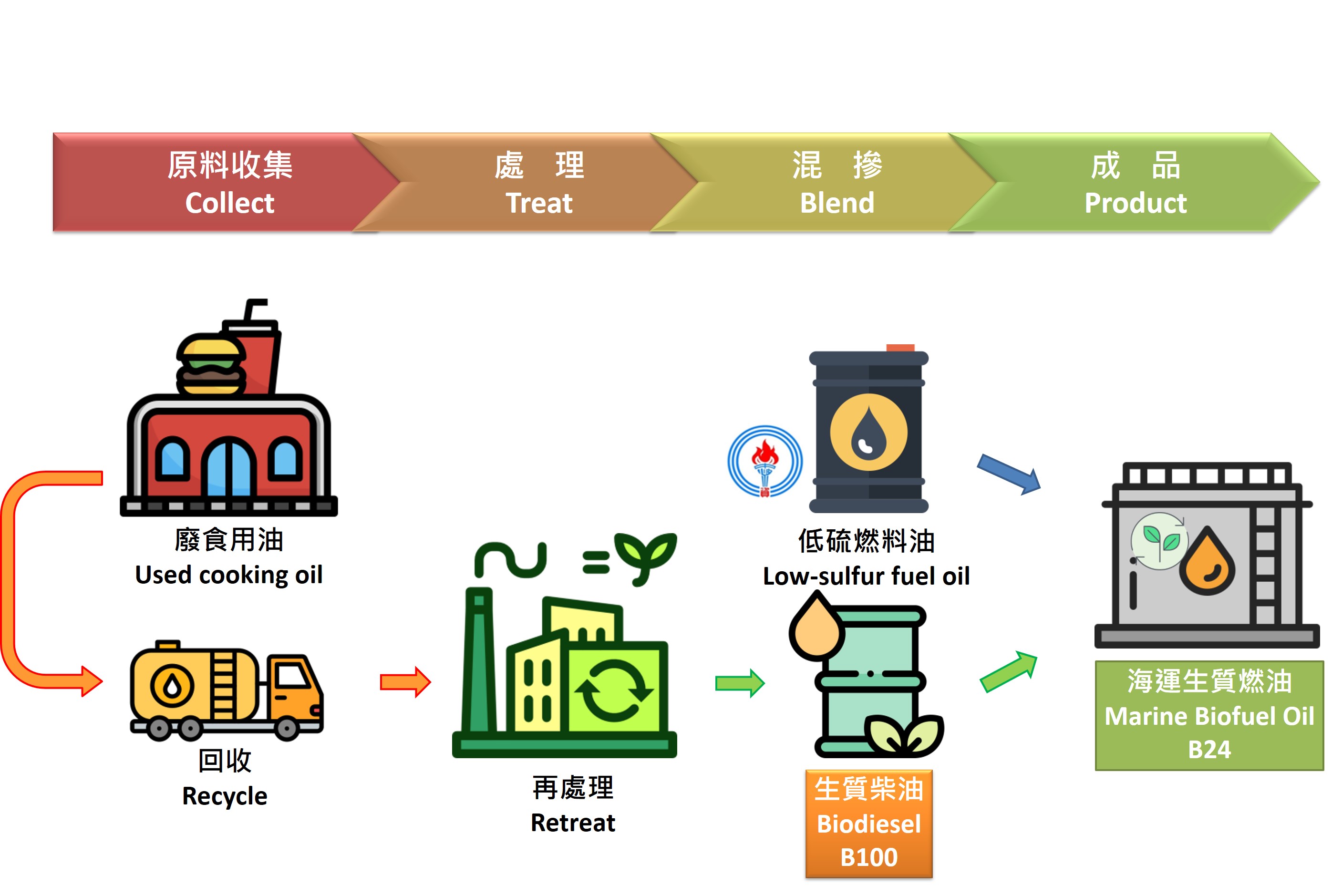

To achieve net-zero emissions, the International Maritime Organization (IMO) adopted an initial strategy for reducing GHG emissions from ships. The goal is to reduce CO2 emissions by at least 40% by 2030 and to strive for a 70% reduction by 2050, compared to 2008.
Marine biofuel oil can be dropped-in without the need for expensive modifications, such as engines or storage tanks. It can provide ship operators with immediate CO2 savings compared to full hydrocarbon fuel.
Method for manufacturing an active substance for inducing self-lysis in microalgae cells, active substance obtained therefrom, and method for inducing self-lysis in microalgae cells
Method for manufacturing an active substance for inducing self-lysis in microalgae cells, active substance obtained therefrom, and method for inducing self-lysis in microalgae cells
A process for fabrication of a fully dense electrolyte layer embedded in membrane electrode assembly of solid oxide fuel cell
Method for manufacturing an active substance for inducing self-lysis in microalgae cells, active substance obtained therefrom, and method for inducing self-lysis in microalgae cells
Technology maturity:Experiment stage
Exhibiting purpose:Display of scientific results
Trading preferences:Negotiate by self
Coming soon!